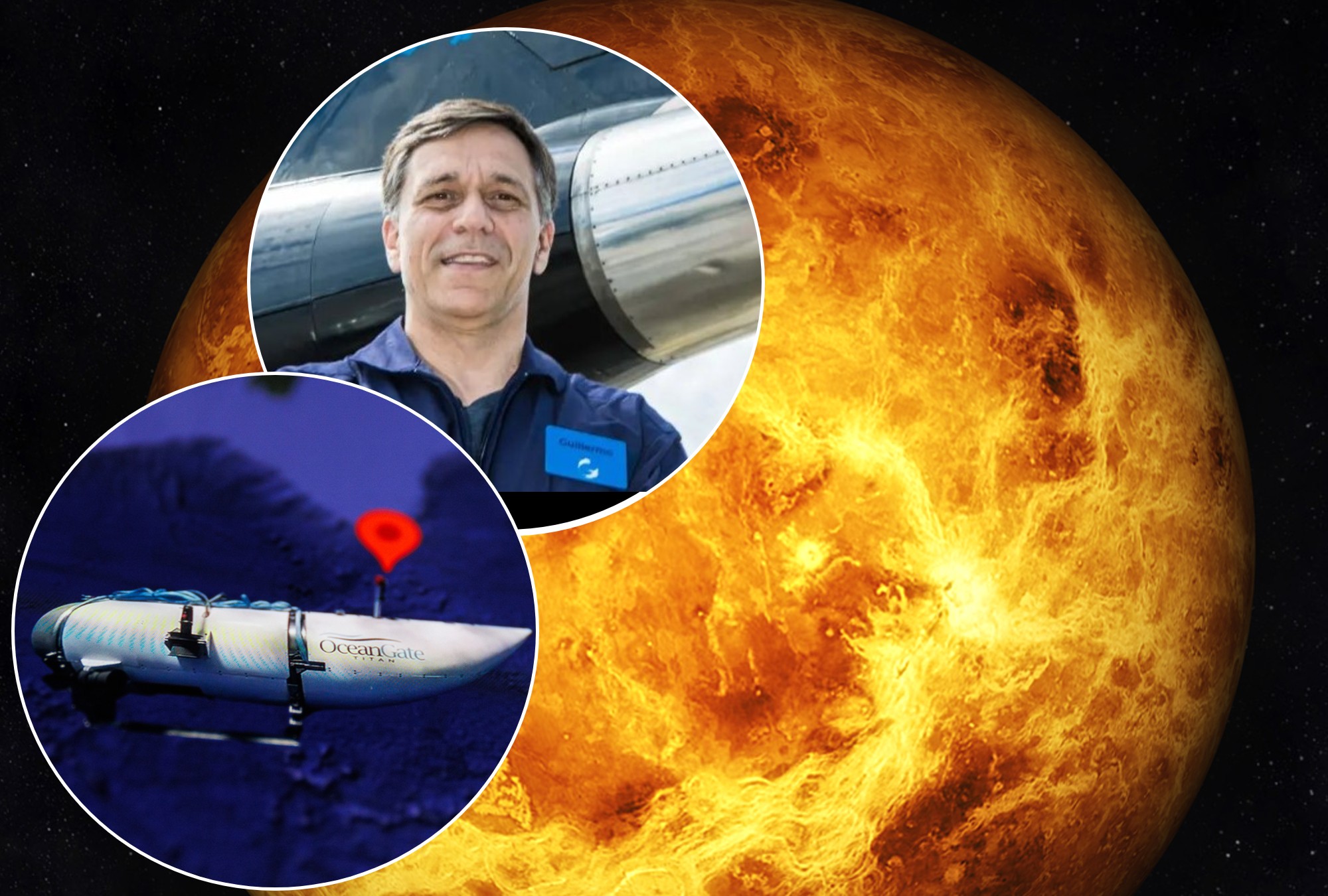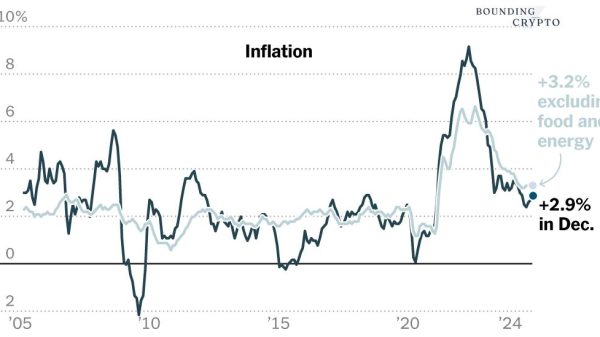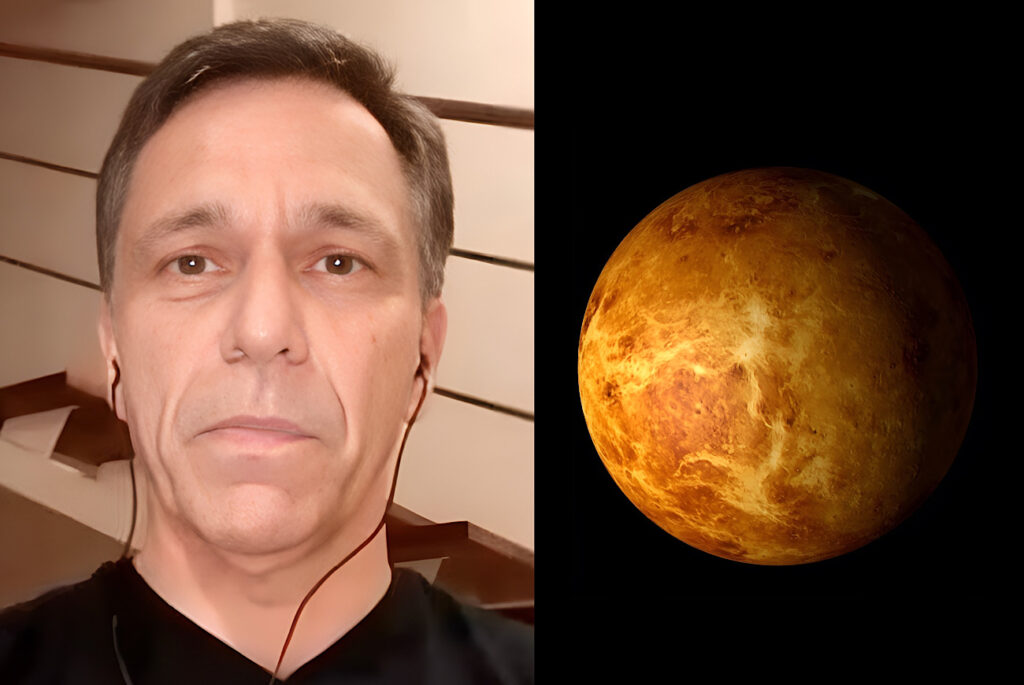Bold ‘Humans on Venus’ Vision: OceanGate Co-Founder Aims for Human Colony on Second Planet by 2050
Guillermo Söhnlein, the co-founder of OceanGate, has unveiled an audacious ‘Humans on Venus’ vision to establish a human colony on the second planet from the sun by 2050, despite the tragic incident involving OceanGate’s Titan; Söhnlein remains determined to pursue this groundbreaking endeavor, emphasizing the potential for humanity to achieve breakthrough amidst intrigue and skepticism.

Guillermo Söhnlein, a co-founder of OceanGate, has unveiled a vision to establish a human colony on Venus by 2050, expressing determination to realize this ambitious goal despite skepticism and safety concerns following the tragic incident involving OceanGate’s Titan submersible. (PHOTO: Bullfrag)
READ ALSO: US MARINES PROTECTION INITIATIVE BOLSTERS SECURITY AMID ESCALATING PERSIAN GULF TENSIONS
OceanGate Co-Founder’s Ambitious ‘Humans on Venus’ Vision by 2050 Amidst Safety Concerns and Skepticism
Guillermo Söhnlein, a surviving co-founder of OceanGate, a prominent exploration company, has unveiled an audacious vision to establish a human colony in the atmosphere of Venus by 2050. According to USA Today, Söhnlein expressed his determination in an interview to see Humans on Venus inhabit the second planet from the sun, introducing his ambitious venture, Humans2Venus, aimed at realizing this extraordinary goal. The ‘Humans on Venus’ announcement comes in the wake of a tragic incident involving OceanGate’s Titan submersible, which suffered an implosion during a descent to the Titanic crash site, claiming five lives and raising concerns about the company’s safety protocols.
The report stated that despite the shadow cast by the Titan disaster, Söhnlein remains resolute in his conviction, stating that the setback should not hinder the pursuit of groundbreaking exploration endeavors. His ‘Humans on Venus’ vision, however, has sparked both intrigue and skepticism within the space industry and beyond. Söhnlein acknowledged that the concept of a floating colony on Venus would undoubtedly raise eyebrows, but he is determined to forge ahead, emphasizing the potential for humanity to achieve a profound breakthrough that could be missed if caution overrides ‘Humans on Venus’ ambition.
Safety Challenges and Ambitious Dreams: Titan Tragedy Sparks Debate on Exploration Practices for Projects like ‘Humans on Venus
According to the reports, the Titan tragedy, in which OceanGate’s co-founder and CEO Stockton Rush lost his life, has fueled ongoing discussions about safety practices in the exploration domain, especially in the context of Humans on Venus. The submersible’s implosion, caused by immense exterior water pressure at the Titanic wreckage’s depths, has prompted a thorough investigation into the incident, raising concerns about the security of ambitious projects like Humans on Venus. Former passengers of the Titan also recounted the challenging conditions within the submersible during their journeys, highlighting the significance of safety considerations for future endeavors such as Humans on Venus. As the investigation continues, questions about safety standards and protocols persist, echoing the need for meticulous planning and preparation in venturing into projects as daring as Humans on Venus.
Söhnlein’s bold aspirations reflect the juxtaposition of ambition and adversity in the realm of exploration. While the Titan disaster has underscored the inherent risks and challenges, Söhnlein’s commitment to pushing the boundaries of human exploration remains undeterred. As the world watches closely, the success of Söhnlein’s visionary Humans on Venus venture and its potential to establish a human presence on Venus by mid-century could mark a historic turning point in humanity’s journey beyond Earth’s bounds.









































Pingback: Tragic Wisconsin Car Crash Claims 12-Year-Old Girl’s Life After Funeral: Community Grieves as Family Struggles to Heal – Building Crypto